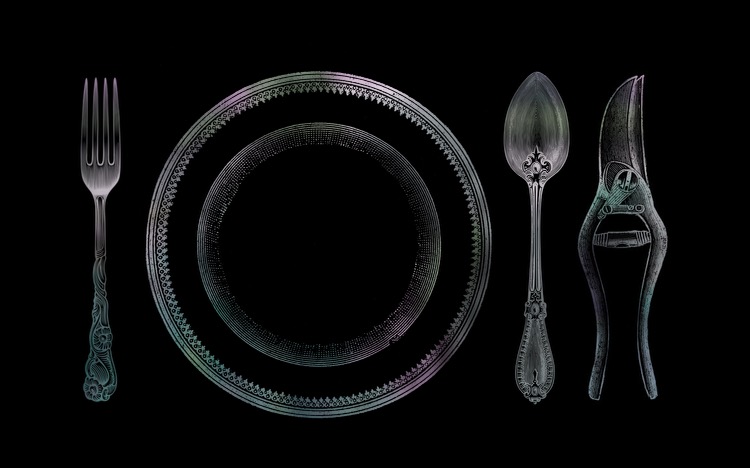The Sentimentality of Evil

🌈 Abstract
The article discusses the film "The Zone of Interest" (2023) and how it explores the relationship between the domestic life of a Nazi family and the atrocities committed at the Auschwitz concentration camp. The film focuses on the Höss family, whose patriarch, Rudolf Höss, is the commandant of Auschwitz. The article examines how the film uses the family's domestic routines and the surrounding garden to reveal the interconnectedness of the private sphere and the state-sanctioned violence of the Holocaust. It also explores how the film challenges the notion of the family as a moral haven and instead exposes it as a site that enables and even demands such horrors.
🙋 Q&A
[01] The film's focus on domestic life and its relationship to the Holocaust
1. What are the key insights the article provides about how the film "The Zone of Interest" explores the relationship between the Höss family's domestic life and the atrocities committed at Auschwitz?
- The film focuses on the intimate life of the Höss family - bedtime stories, day trips, visits from a grandmother - rather than depicting the horrific visual tropes of the Holocaust genre.
- The film reveals how the private family becomes a fortress that enables and even demands the horrific violence of the Holocaust, with the domestic sphere and the concentration camp being mutually constituted.
- The film exposes how the bourgeois domesticity, mundane concerns of child-rearing, and household management animate the unspeakable malevolence of the Nazi regime.
- The film draws attention to the gendered division of labor and the exploitation of female domestic servants who perform the menial work needed to prop up the bourgeois family and the Nazi system.
- The film's close-up shots of the family's lush garden, which is literally fertilized with human ashes, reveal the imbrication of domestic and political projects, linking family comfort with genocide and settler colonialism.
2. How does the article situate the film's exploration of the "banality of evil" in relation to the Höss family?
- The article suggests that the notion of the "banality of evil" does not fully capture the film's concerns, as Höss was not a mid-level functionary but a principal architect of the Jewish extermination.
- The article argues that the film's real subject is bourgeois domesticity and how the private family becomes its own fortress, enabling horrific violence.
[02] The film's engagement with family, domesticity, and oppression
1. How does the article connect the film's exploration of the Höss family to broader critiques of the family and its role in propagating oppressive structures?
- The article situates the film in the context of recent scholarship on family abolition, white supremacy, and household work, which has pushed back against the family as the most natural and desirable unit of society.
- The article discusses how the film exposes the family as a site of exploitation, with the feminized labor of domestic workers enabling the functioning of the bourgeois family.
- The article explores how the film's depiction of the family challenges the notion that having children makes one more human or moral, and instead reveals how family life can co-exist with and underwrite multiple forms of violence.
2. How does the article connect the film's themes to the literature on slavery and heteronormativity?
- The article draws parallels between the film's juxtaposition of the family and the camp to the structure of plantations in the antebellum South, where the family home was interwoven with state-sanctioned racially-specific violence and abuse.
- The article discusses how the film's approach differs from sentimental abolitionist literature that used family feeling as a tool for political transformation, instead exposing family feeling as insufficient and self-contained.
- The article explores how the film's deconstruction of the myth that the family is a haven of empathy and tenderness aligns with critiques of heteronormativity from queer theory.
3. How does the article interpret the film's visual restraint in depicting the atrocities of the Holocaust?
- The article suggests that the film's commitment to a tight focus on the family denies viewers the opportunity to feel the comforting assurance of moral rectitude, instead aiming to evoke a sense of disgust and complicity.
- The article connects this visual restraint to Christina Sharpe's claim that "spectacle is not repair," arguing that the film provides no affective shortcut to let the viewer off the hook.